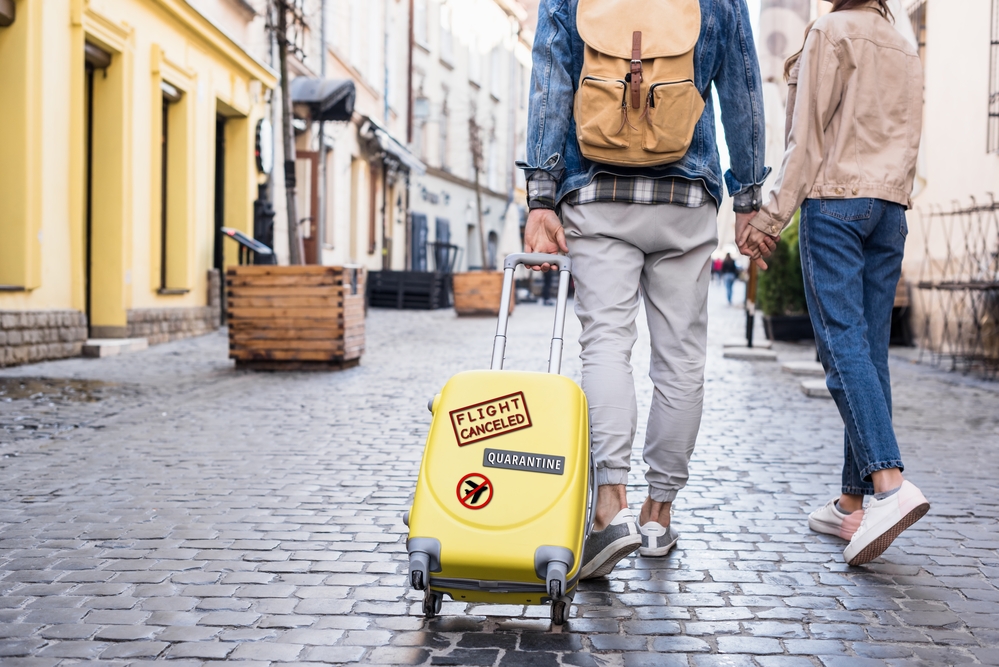At the time of this writing, we are nearly a year removed from the arrival of coronavirus in this country. Yet we are still talking about its effects. Unfortunately, those effects will probably be with us for some time to come. Coronavirus has impacted everything, including vacation homes. Yet its long-term impact on the vacation home market remains to be seen.
As in all things real estate, vacation homes are subject to supply and demand. With that in mind, we can look at a few key things related to coronavirus to try to better understand the long-term outlook for the second home market. There are three ways the ongoing crisis might affect vacation homes that immediately come to mind.
1. Sales Rise with Remote Work
There were those who were predicting during the early stages of the crisis that working from the office would never be the same again. The thinking was that, once companies realized they could be just as productive keeping their workers at home, they would be reluctant to bring them back to the office. This appears to be the case for quite a few companies.
If companies continue supporting remote work in the long term, the vacation home market could do very well. It might already be starting to happen. According to the National Association of Realtors (NAR), communities with a strong vacation home market saw an average 48% year-on-year increase in sales in the third quarter. Some 81% of all vacation home destinations have reported a year-on-year increase. The NAR says that the rise in remote work is a factor in the surging demand for vacation homes.
2. Sales Fall on a Weaker Economy
The opposite end of the spectrum would see long-term sales fall on a weaker economy. Fortunately, our economy has weathered the 2020 storm fairly well. But if the coming vaccines do not deliver as promised, it is easy to see states shutting down once again. A second shutdown would almost certainly cripple the economy for years to come.
Housing has always been a bellwether of economic activity. If 2021 does bring a weaker economy, it’s reasonable to assume that vacation home sales will fall. People just won’t have the money to buy or build.
3. Existing Sales Fizzle, New Builds Sizzle
A third possibility lies somewhere in between the two extremes. It suggests that sales of existing vacation homes will fizzle while new builds sizzle. Though this scenario is not likely, it is possible based on the fundamental reality that the wealthiest among us will be able to continue building vacation homes even in a significantly weaker economy.
In places like Park City, Utah, vacation properties are especially attractive to people who would prefer to build rather than buy. According to local Utah architects Sparano + Mooney, people who can afford to build luxury homes are flocking to the Wasatch Back to take advantage of a plethora of outdoor activities, up-and-coming communities, and wild Utah at its finest.
It should be noted that there is less concern about coronavirus risks in more rural areas. So if you’re a wealthy individual looking to build a vacation home, would you be more likely to build in the mountains of Utah or in a densely populated area normally flocking with tourists?
It will be interesting to see how all of this shakes out. The one thing we know right now is that vacation home sales are not suffering. Coronavirus worries are not preventing people from buying or building. Here’s hoping the trend continues going strong into ’21 and beyond. We could use some good news at this point.

Leave a Reply